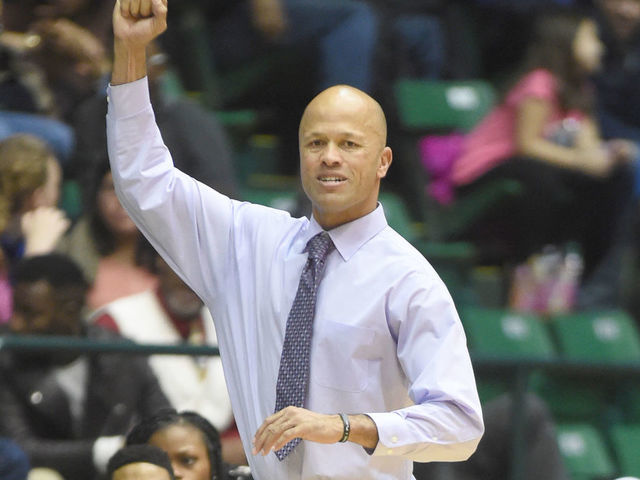
“Violence brings only temporary victories; violence, by creating many more social problems than it solves, never brings permanent peace. We talk passionately about peace, and at the same time we assiduously prepare for war. We make our fervent pleas for the high road of justice, and then we tread unflinchingly the low road of injustice. — Strength to Love, Martin Luther King Jr.
The state of Illinois no longer lead the death-toll of African-Americans; a new study shows that Missouri’s populace is home to the most deaths in the black community, followed by Pennsylvania, Michigan, Nebraska, and Oklahoma.
Executive director of the Violence Policy Center, Josh Sugarmann, who co-authored the study mentioned, said, “Across the nation this is a long-ignored public health crisis that is devastating black teens and adults, their families, and the communities where they live.”
According to the study, Missouri has an African American homicide rate of 34.86 per 100,000 black residents, far greater than the national average of just 4.42 per 100,000. And over 83 percent of the victims were killed with firearms.
This evidence tells how gun violence continues to be a national problem in the black community. But what can you and I do to help?
After the bombing on 16th Street Baptist Church in Birmingham, Alabama, Sunday, September 15, 1963 that killed for black girls, Dr. Martin Luther King Jr. took upon the challenge to awake every citizen in America about the seriousness of gun violence.
“We must be concerned not merely about who murdered them,” King said. “But about the system, the way of life, and the philosophy which produced the murders.”
During this time of need, King’s principles of nonviolence may help:
[divider]
1. Nonviolence is a way of life for courageous people.
Embracing nonviolence does not make one a coward, it portrays an assertive will power for what is right.
2. Nonviolence seeks to win friendship and understanding.
Nonviolence is a holistic approach to eliminating hatred in the most hateful nation. Thus, it seeks to gain understanding from people who are confused on a perplex issue.
3. Nonviolence seeks to defeat injustice, not just people
This tool, nonviolence, should be used as a catalyst to exclude injustice and not exclude individuals for initiating what they think is right. It seeks to attack thoughts rather than bodies.
4. Nonviolence holds that voluntary suffering can educate and transform.
Suffering is something that is difficult to do, however, it serves as a purpose to teach and change the hearts of people who perpetuate injustice.
5. Nonviolence chooses love instead of hate
Love revives the community and genuine love is what the community needs anyway. All life is inter-related, thus, if we were to have hatred for our neighbor, we have hatred for ourselves.
6. Nonviolence believes that the universe is on the side of justice.
Justice, from a nonviolent lens, is seen as inevitable.
[divider]
These infallible tips that Dr. King left in history will establish a nation in which nonviolence is second-nature.
Whether obtained via public policy, communal church involvement, conversations, educating younger people on nonviolence from elementary school and into college, fund advocacy organizations and act rapidly, nonviolence in today’s society is imperative.



